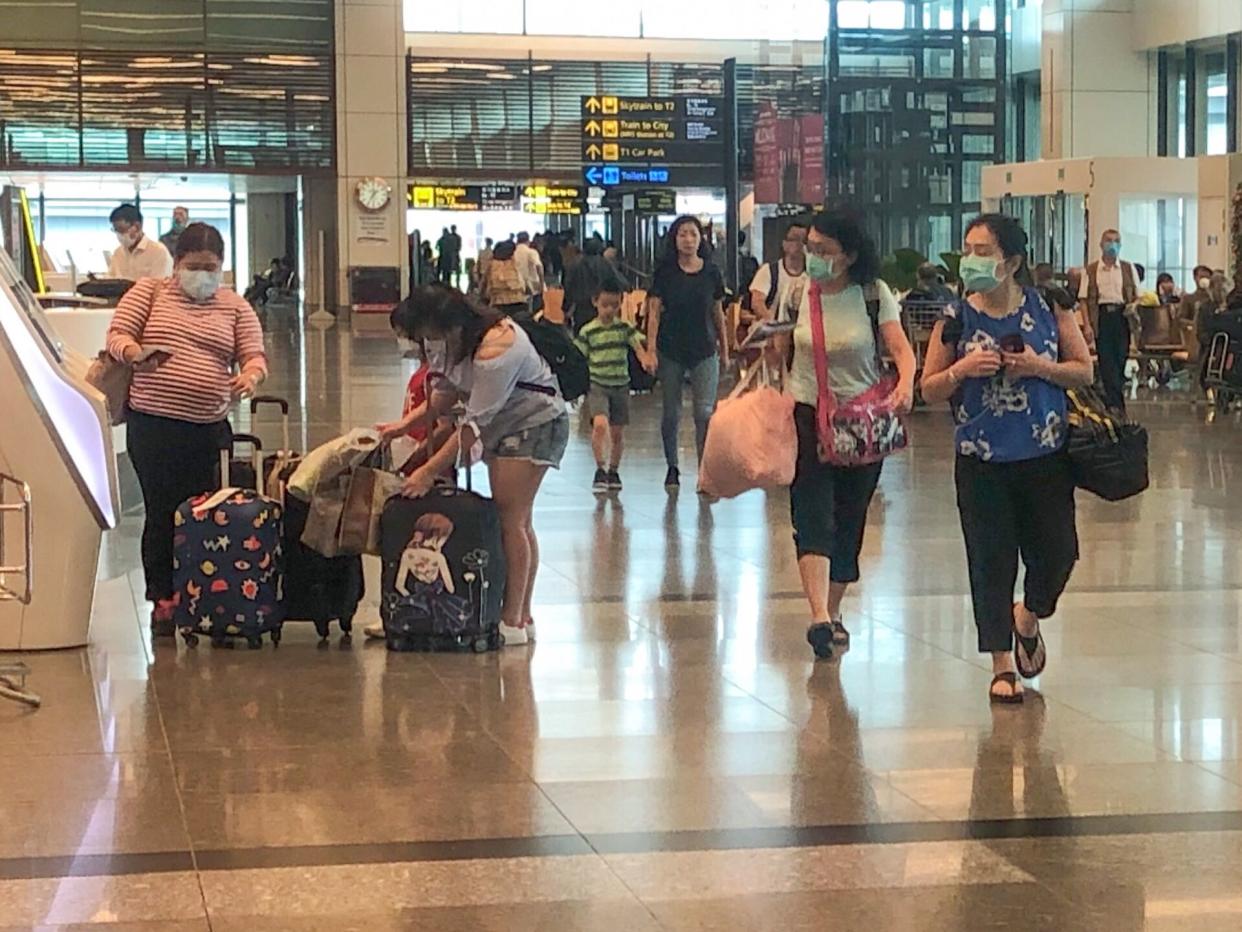STB exploring ‘digital solutions’ for MICE organisers amid 2019-nCoV outbreak

By Theresa Ellsworth
SINGAPORE — The Singapore Tourism Board will work with business event organisers “where relevant” to explore virtual alternatives to events as the 2019-nCoV virus continues to spread around the world.
However, Singapore remains “open for business”, it told Yahoo Lifestyle SEA, citing events that have or will continue as planned, including the Experian VISION2020 Asia Pacific, which began today, and the upcoming Aviation Festival Asia (18-19 February).
“As the situation is expected to persist, we are currently working out the appropriate measures to help our tourism industry. One way we are doing this… is to work with business event organisers, where relevant, to explore and support digital solutions and virtual engagements,” said Dr Edward Koh, STB’s Executive Director, Conventions, Meetings & Incentive Travel.
The number of confirmed 2019-nCoV cases has risen to 28 in Singapore, including one cluster of local transmission as of Wednesday (5 February).
The coronavirus has also spread to 27 territories beyond mainland China, sickening over 20,000 people worldwide. The number of deaths from the virus has hit 495 including 493 in China and one each in Hong Kong and the Philippines.
One area in which the travel sector is bracing for a hit is the Meeting, Incentives, Conferences and Exhibitions (MICE) sector. This is especially so given the “conservative” stance towards corporate travel that most companies take, some travel agencies said.
“This virus has sent shivers globally. Travel sentiment is very weak. Our corporate clients are also more sensitive to risk, and many have postponed all non-essential travel for the next two months,” said Alicia Seah, Dynasty Travel’s Director of Public Relations & Communications.
MICE-related bookings make up about 30 per cent of Dynasty’s bookings, and the agency is looking at an overall decline of up to 50 per cent in the number of bookings for the first half of the year, compared with the same period last year.
As the number of cases rose over the last week, the National Association of Travel Agents Singapore announced that its annual NATAS Travel Fair, due to take place later in February, had been postponed to May, in anticipation of a low turnout.
And while the much-anticipated Singapore Airshow will take place as planned from 11-16 February, it will be without some participants. At press-time, 16 exhibitors had reportedly pulled out of the event, and an associated leadership summit for aviation leaders had been cancelled.
Travel agents say this is the tip of the iceberg
A representative from a large events company who declined to be named said, “We have been holding emergency meetings with multiple industry stakeholders as this is already impacting our business quite significantly.”
According to STB’s 2018-19 annual report, business travel and MICE visitors rose 14 per cent to 2 million in 2018, making up some 10.8 per cent of Singapore’s 18.5 million total visitors that year. Tourism receipts from MICE attendees were S$3.44 billion in the first three-quarters of 2018. Overall tourism receipts for 2018 were S$26.9 billion.
Reluctance to cancel major events outright, and a preference instead for postponement, stems from a lack of insurance or protection for conference and exhibitions organisers.
“Unless organisers have clauses in their contracts regarding such an eventuality, or if a particular market has a force majeure that companies should be compensated, generally speaking cancellation is not covered,” explained a Singapore-based events consultant. “So much depends on goodwill and negotiation, to reschedule an event rather than risk cancellation.”
In the meantime, most travel agencies said they were tightening their belts, scaling back on advertising and marketing initiatives.
In addition to its MICE initiatives, STB has said it will waive licence fees for hotels, travel agents and tour guides, and defray the cleaning and disinfecting costs of hotels with confirmed or suspected cases of coronavirus infections. This will help tourism businesses “mitigate the immediate impact” of the coronavirus outbreak, it said.
A fuller relief package that will support the hospitality, tourism, retail and food and beverage sectors is expected to be announced by Deputy Prime Minister and Finance Minister Heng Swee Keat in Parliament during Budget 2020, scheduled for 18 February. Meanwhile, organisations across the sector have stepped up on hygiene and protective measures.

